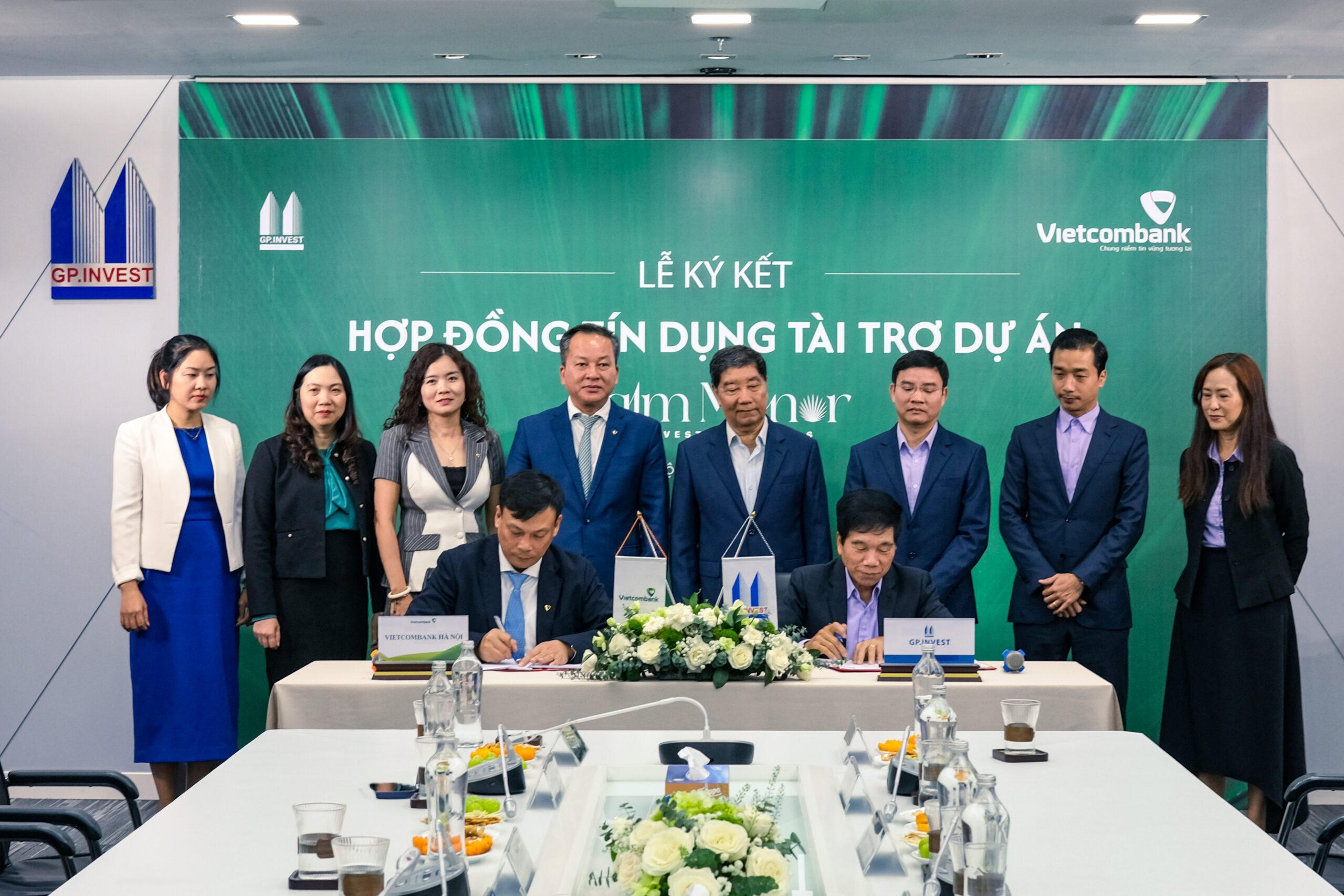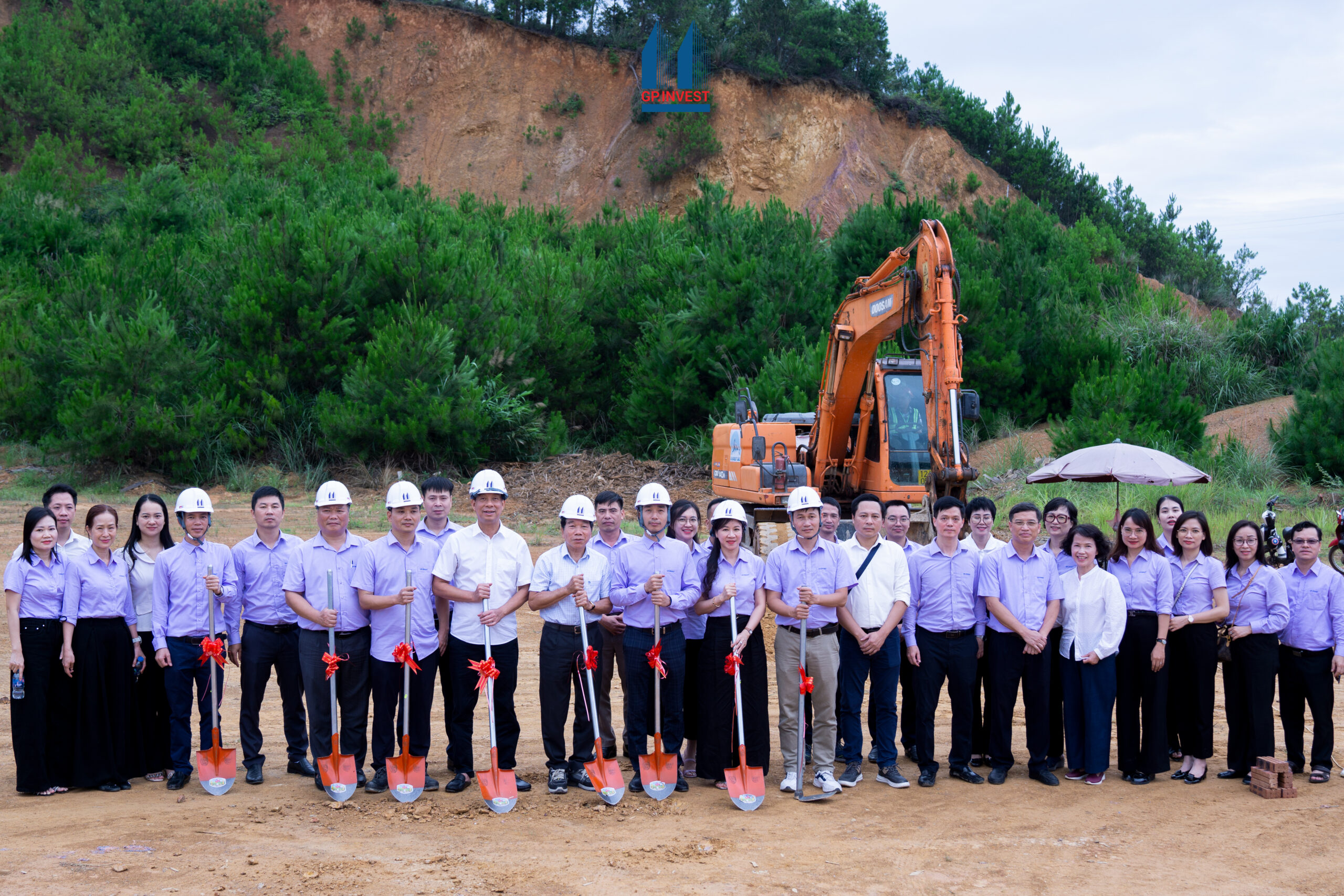Mr. Nguyen Quoc Hiep cited a recent GP.Invest project that experienced very fast sales during this past January, defying the common notion that “January is a month of rest.” This, he said, reflects a noticeable increase in purchasing power—an encouraging sign of the real estate market’s recovery.
Speaking at the 5th Annual Spring Real Estate Forum held on the morning of February 19, representatives from the Ministry of Construction, Ministry of Agriculture and Environment, the Vietnam Real Estate Association, and leading experts across the country came together to discuss the driving forces and prospects for the real estate market in 2025. The forum aimed to identify key trends, investment opportunities, and strategies for sustainable market development, contributing toward the national goal of achieving double-digit growth.
In 2024, Vietnam’s real estate market showed more distinct signs of recovery and progress toward sustainable development, particularly from the second quarter onward.
Entering 2025, the market is forecasted to continue offering development opportunities. However, numerous challenges remain. Foundational laws that came into effect in 2024 have introduced a new legal framework for the real estate sector, though their effectiveness will take time to evaluate.
Enterprises still face concerns about overlapping and inconsistent regulations in land, construction, and investment laws, which may pose risks for project developers. Additionally, high interest rates and limited access to capital remain key issues that require targeted solutions to ensure market efficiency in this new growth cycle.
Reflecting on the promising base established in 2024, Mr. Nguyen Quoc Hiep—Chairman of the Vietnam Association of Construction Contractors and Chairman of the Board at GP.Invest—shared that current market signals are indicating a clear recovery, with purchasing power increasing compared to previous periods.
He elaborated:
“Our company is currently selling a project. Traditionally, people believe that ‘January is for leisure’ and buyers stay away. However, our newly launched project actually saw a faster sales pace than in the final months of 2024.”
According to Mr. Hiep, the Party and Government are making strong efforts to reform the institutional framework, especially in the real estate sector, where legal implementation has become more transparent and clearly defined. Nevertheless, many businesses continue to face bureaucratic obstacles. For example, some companies must obtain up to 38 to 40 official stamps to proceed with a project. Adjusting a master plan also remains a significant challenge.
Mr. Hiep further shared:
“As of January 2025, approximately 25 provinces and cities have published new land price lists. I believe the root of land pricing issues lies in the flawed valuation structure—where incomplete input factors have led to inflated land prices. This is currently the most critical challenge for businesses. First, it delays new project launches. Many developers now spend 1–2 years just trying to calculate land use fees.
Second, rising input costs—especially land pricing—can lead to further disputes if not calculated accurately. I truly hope that the relevant ministries and local authorities will help resolve these issues for developers. If these obstacles are lifted, the ability to implement real estate projects will be significantly improved.”
In conclusion, the GP.Invest Chairman emphasized that stimulating private sector investment will certainly drive GDP growth, which in turn will boost real estate development. He expressed hope that the current institutional bottlenecks will be resolved soon so that the real estate market can enter a phase of strong and sustainable expansion.



